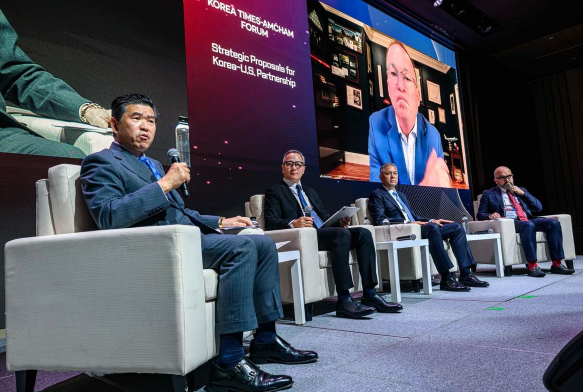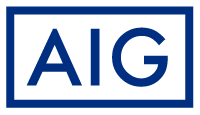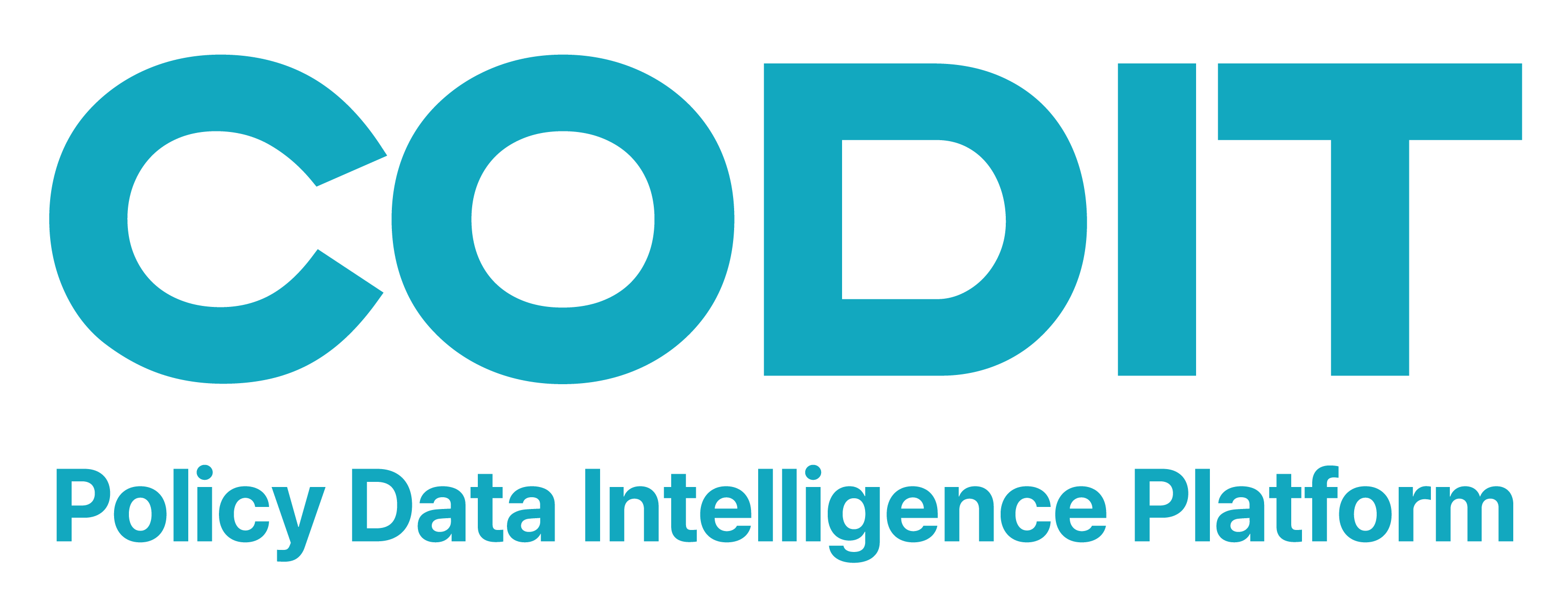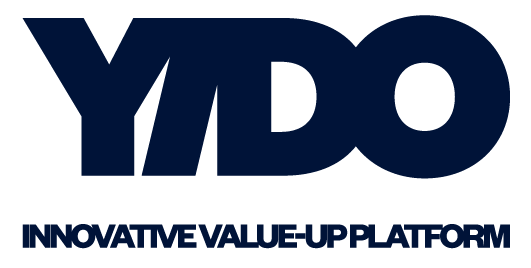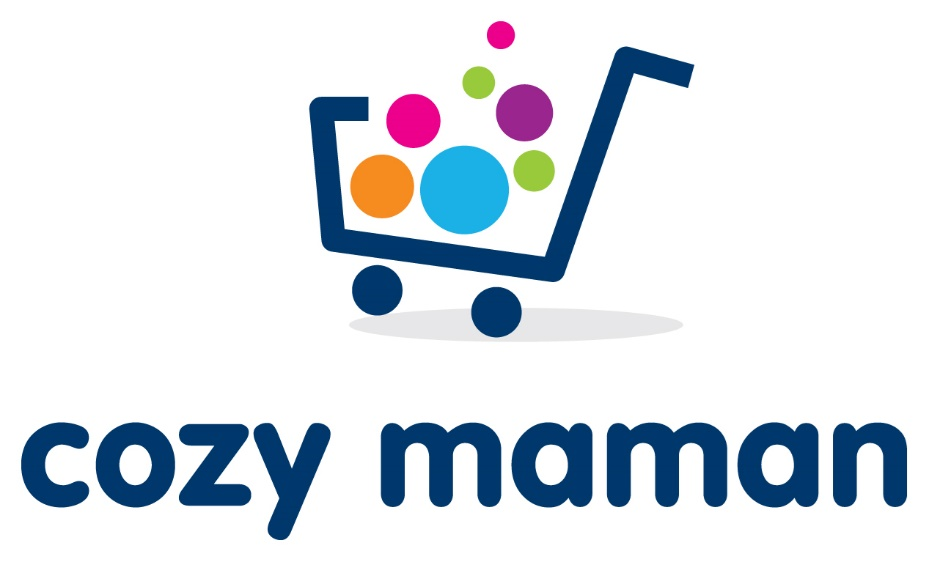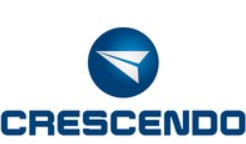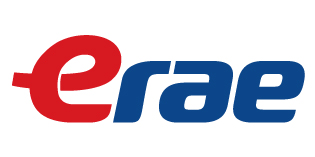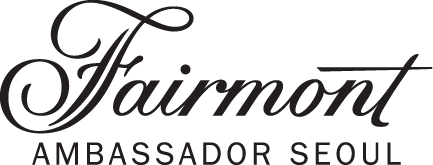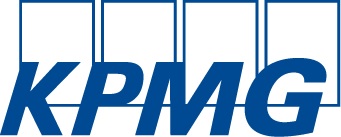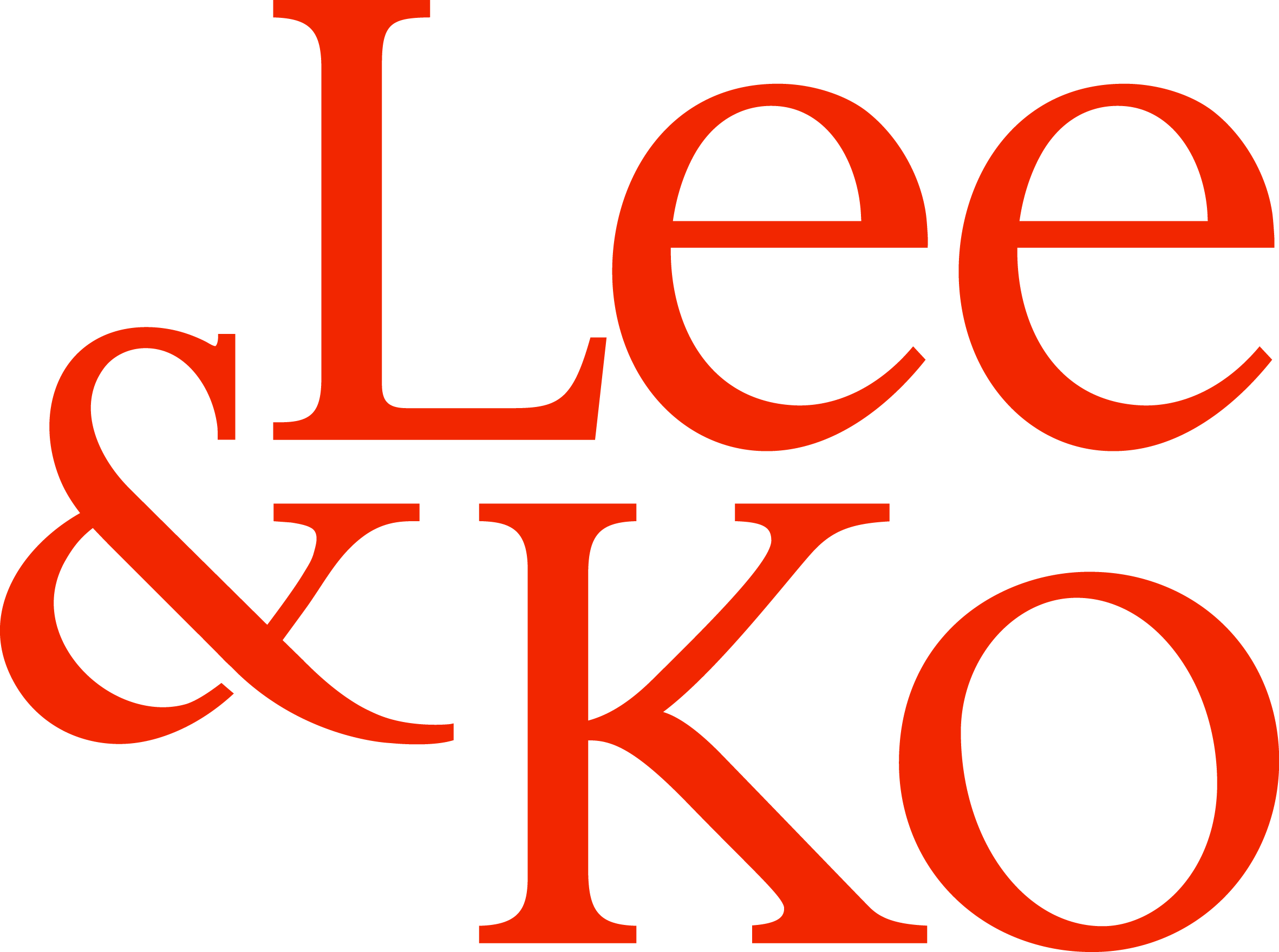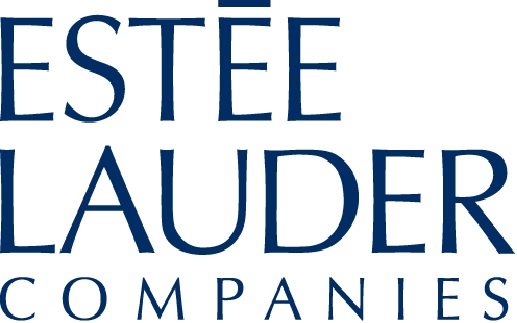Deadline
for trade talks likely to be extended, ex-Trump aide says
Korea advised to offer
'big deal' for successful negotiation with US
By Park Jae-hyuk, The Korea
Times - A former top White House official under the first Donald Trump
administration has expressed optimism that Korea and the United States will
agree to extend the July 8 deadline for trade talks — the day the pause on U.S.
"reciprocal" tariffs ends.
Such an outlook comes
as Korea's top negotiator met his U.S. counterparts this week to seek exemption
of Korean products from U.S. reciprocal and item-specific tariffs.
"On the deadline,
I think you're absolutely right to think that an extension is possible,"
former White House Chief of Staff Mick Mulvaney said Tuesday during a forum
co-hosted by The Korea Times and the American Chamber of Commerce in Korea (AMCHAM).
He said Korea's effort
"does count," citing Trade Minister Yeo Han-koo's weeklong visit to
Washington to meet U.S. Trade Representative Jamieson Greer, Commerce Secretary
Howard Lutnick and several other U.S. government officials.
"Trump is not
looking to penalize anybody," Mulvaney said. "I would expect that
deadline to be extended on a country by country basis, but all of the countries
that engage in conversations would get an extension."
Jakob Edberg, founder
and CEO of The GR Company, a government relations and public affairs
consultancy, did not expect the U.S. to strike tariff deals with most of its
trade partners by July 8.
Based on this view, he
advised that Korea push for an overall agreement in principle and good faith
and come up with measures for balancing the U.S. trade deficit with Korea.
"Just keep on
talking, come up with ideas, but also do not panic because Korea is not the
only partner that is under these time pressures," he said.
Mulvaney shared
Edberg's view, saying negotiations are what Trump wants. But at the same time,
he warned Korea against asking for something before telling the U.S. what it
can offer.
"He doesn't want
to give, give, give and he doesn't want to take, take, take," the former
Trump aide said. "Your trade delegation dealing with Trump should figure
out how to do a deal where Trump gets something and gives something at the same
time."
As one way to satisfy
the U.S. president, Mulvaney mentioned a large-scale purchase deal that can
make headlines, similar to Qatar's recent purchase of Boeing jets.
An increase in sales of
U.S. cars in Korea was discussed as another measure.
General Motors Asia
Pacific President and Managing Director Hector Villarreal introduced the
company's participation in the AMCHAM-led Buy America campaign to reduce the
U.S. trade deficit with Korea through the inclusion of the carmaker's vehicles
in the fleet for major Korean corporations.
Amid the impact of
Trump tariffs on cars exported to the U.S. from GM Korea plants, Villarreal
also called for Korea's incentives and tax exemptions for foreign companies to
continue operations here.
"We believe that
achieving a fairer trade balance between the countries we operate (in) is
important," he said.
SK Group and other
Korean companies' large investments in the U.S. were also mentioned at the
forum, as they align with Trump's "America First" agenda aimed at
revitalizing the country's manufacturing and strategic industries, such as
automotive and energy.
"Up to now, SK
Group invested about $35 billion in the U.S. entirely and out of them, $23
billion were for energy business," said Kim Moo-hwan, executive vice
president at SK Innovation's Energy Solution Business Division. "SK
Innovation solely deployed capital as much as $13 billion to now."
He proposed further
cooperation with the U.S. in the energy sector to back artificial intelligence
infrastructures. However, he also acknowledged that Korea's contributions have
not had proper recognition from the U.S. government.
In response, Edberg
said Korea can learn from former Japanese Prime Minister Shinzo Abe, who
carried maps and presentation materials to show detailed data on his country's
contribution to the U.S.
Mulvaney advised the
Korean government and companies to consider developing relationships with U.S.
states, not just with the federal government, as each of them has complete
control over the practice of law, the sale of insurance and banking and other financial
services in their state.
Source: https://www.koreatimes.co.kr/business/companies/20250624/extension-of-july-8-deadline-for-trade-talks-absolutely-possible-ex-trump-aide-says




